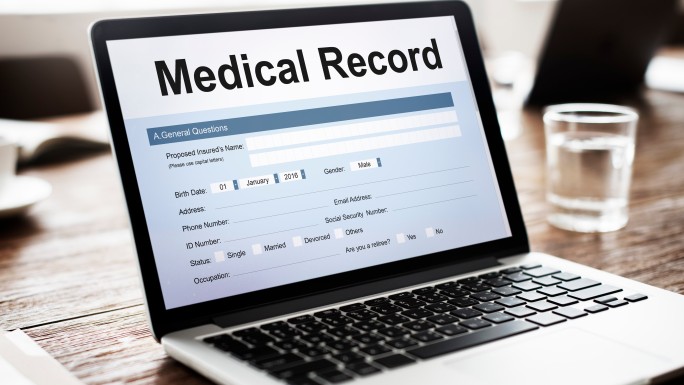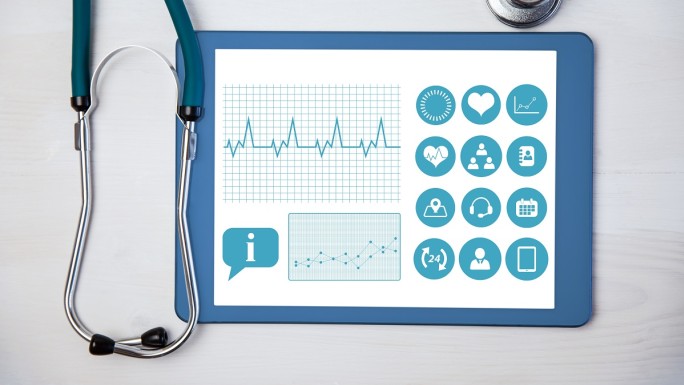Accurate medication history - The foundation of ensuring patients’ safety
An accurate medication history is a comprehensive and up-to-date record of all the medications an individual takes, whether prescribed by healthcare providers, obtained names, dosages, using time, allergies or adverse reactions, and prescriber contact. Maintaining an accurate medication history is crucial for patient safety, effective healthcare management, and transforming the healthcare service professionally. Let's find out more about how an accurate medication history is formed and the way to improve it.
The importance of accurate medication history
Accurate medication history is of indispensable importance in healthcare for many reasons. It serves as a fundamental pillar of patient safety and adequate medical care. A precise record of an individual's medications, including prescription drugs, over-the-counter remedies, dietary supplements, and herbal treatments. This medication record would help healthcare providers make informed decisions about treatment plans, avoid potentially harmful drug interactions, and ensure appropriate dosing.
Medication history is vital for medication reconciliation, particularly during transitions of care, preventing medication errors, and minimizing adverse drug reactions. It empowers healthcare providers to assess the effectiveness of current treatments and make necessary adjustments. Medication history is a helpful tool to improve patient outcomes.

Moreover, accurate medication history plays a crucial role in chronic disease management, and preventive care. It fosters open communication between patients and their healthcare teams. In essence, it is the foundation of safe and patient-centered healthcare delivery.
What factors are required for accurate medication history?
Accurate medication history is critical for patient safety and effective healthcare. To ensure the accuracy of a patient's medication history, several factors and considerations come into play:
Comprehensive List: The medication history should include all medications, supplements, and remedies the individual is taking, as well as any previously used medications.
Medication Names: Include the full names of medications, along with any brand names, if applicable.
Dosage and Strength: Specify the dosage of each medication (e.g., 10 mg) and, if relevant, the strength (e.g., 500 mg per tablet).
Frequency and Timing: Document how often each medication is taken (e.g., once daily, every four hours) and the specific administration times.
Route of Administration: Indicate how the medication is taken (e.g., oral, topical, injection).
Start and Stop Dates: Include when each medication was initiated and, if applicable, when it was discontinued.
Prescribing Healthcare Provider: Note the name, contact information, and specialty of the healthcare provider who prescribed or recommended the medication.
Reason for Use: Describe the medical condition or purpose for which each medication is prescribed or taken (e.g., hypertension, pain management).
Allergies and Adverse Reactions: Identify known allergies, intolerances, or adverse reactions to specific medications.
Adherence: Keep track of whether the individual has been following the prescribed dosing instructions and taking the medication as directed by healthcare providers.
Changes and Updates: Continuously update the medication history to reflect any changes in medication regimens or dosages. Communication with healthcare providers is essential in this regard.
How to create an accurate medication history
Creating an accurate medication history requires collaboration between patients and healthcare providers. It is a dynamic process that should be continuously updated and reviewed to ensure patients receive the most effective and safe care.
For Healthcare Providers
Engage Patients: Encourage patients to provide information about their medications and supplements actively. Discuss the importance of an accurate medication history in patient care.
Medication Reconciliation: Conduct medication reconciliation during patient encounters. Review the patient's medication list, including changes since the last visit.
Verify with Multiple Sources: Verify medication history through multiple sources, including pharmacy records, previous healthcare providers, and the patient. Cross-checking helps ensure accuracy.
Ask Open-Ended Questions: When reviewing a patient's medication history, ask open-ended questions to prompt patients to share all relevant information. For example, "Are there any other medications you're taking, including over-the-counter or herbal products?"

Educate Patients: The importance of medication adherence, the risks of non-adherence, and how to use their medication history effectively.
Collaboration: Collaborate with other healthcare providers to ensure consistent and accurate medication records across different care settings.
Verify Changes: After making changes to a patient's medication regimen, verify that the updated information is reflected accurately in the patient's medication history.
For Patients
Be honest about medication: Patients should not hide their medical condition or the drugs they are using, including non-prescribed medications. When medication errors occur, patients must immediately notify healthcare providers who prescribed the medication for assistance.
Regularly and Actively Update: Review and update your medication list regularly. Whenever there are changes in your medications, inform your healthcare providers and update your medication history.
Ultimate solution for a comprehensive and accurate medication history
In traditional ways, healthcare providers often had to ask or interview patients directly to complete their medication history. It usually takes time, and medication information needs to be better transferred from patient to healthcare staff.
With advanced technology and digital innovation, many healthcare organizations have chosen to develop a mobile application, or an online interface for patients or pharmacists to access and update all personal medication information and share medication histories with other healthcare providers as needed. These medication history systems not only provide a digital-friendly platform for medication updates but also support telehealth and online diagnosis effectively.

A digital medication history system can help to utilize the medication checking process, update real-time, increase the accuracy of medication, and save time. Better healthcare quality is served, helping improve patients' experience in healthcare.
Read more: What to consider in Constructing a Medication History System
Conclusion
Maintaining an accurate medication history is essential for patient safety, as it helps healthcare providers avoid potentially harmful drug interactions, prescribe appropriate treatments, and ensure that patients receive the most effective care. Patients should proactively engage with their healthcare providers to review and update their medication history and seek guidance on any questions or concerns regarding their medications.
The digital age opens many opportunities to innovate medication management, especially medication history. Accuracy and transparency in medication history is the first step to contributing to better health outcomes, preventing adverse events, and enhancing a professional healthcare service.









